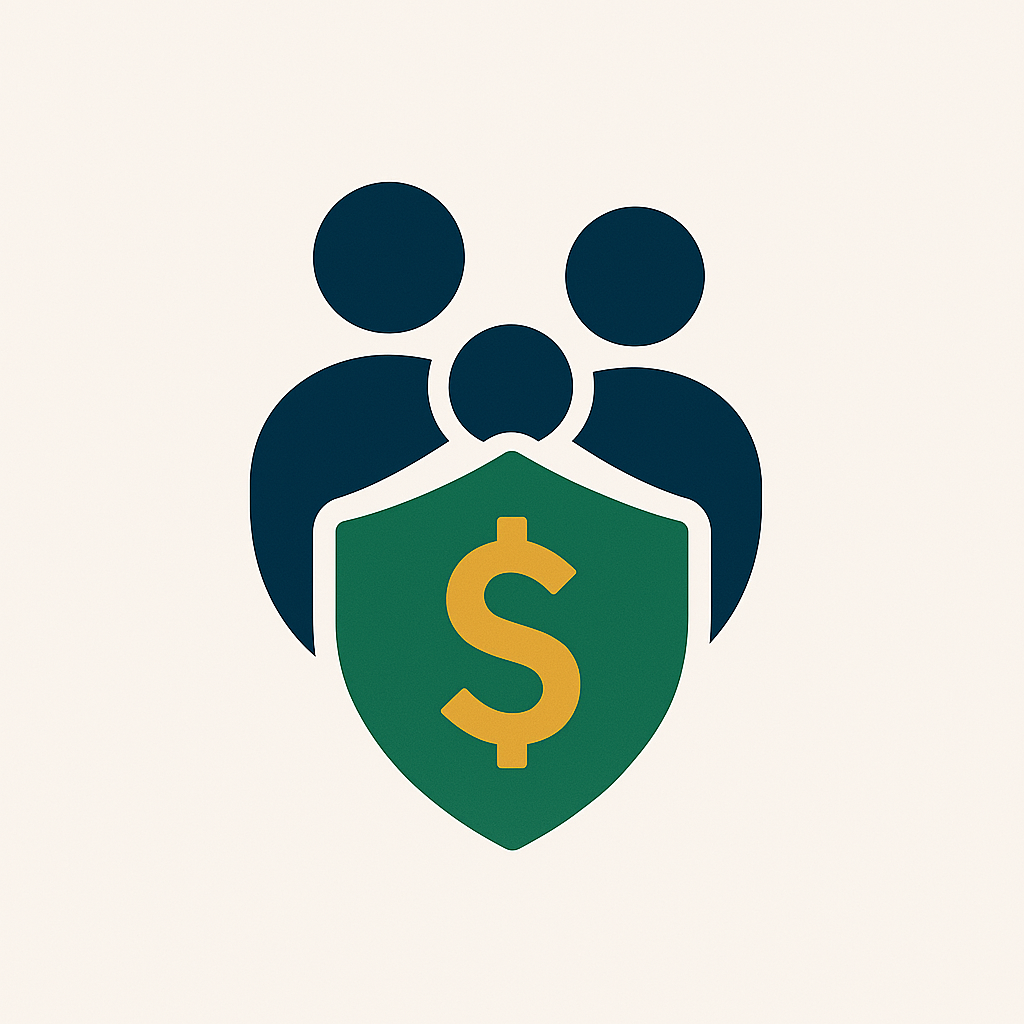7 Financial Lessons That Transformed My Finances
Financial security is a journey, not a destination. It’s about taking proactive steps to achieve your financial goals and navigating the ever-changing financial landscape. As the world becomes more volatile, understanding and implementing sound financial principles is more crucial than ever.
In this blog post, we delve into seven transformative financial lessons that have shaped my personal finances and helped me achieve financial stability. These lessons, drawn from real-world experiences and expert insights, offer practical tips that can help you on your path to financial freedom.
Lesson 1: Track Your Income and Expenses
The first step to managing your finances effectively is understanding where your money goes. By tracking your income and expenses for a month, you gain valuable insights into your spending habits and identify areas where you can save. Tools like budgeting apps and financial planners can help you visualize your financial situation and set realistic spending goals.
Lesson 2: Create a Budget and Stick to It
Creating a budget is essential for controlling your expenses and ensuring you’re not overspending. A well-defined budget allocates your income towards essential expenses, savings, and debt payments while leaving you with room for unexpected costs.
Lesson 3: Invest Wisely
Investing is a crucial component of building long-term wealth. It allows you to generate passive income through compound interest, enabling you to earn returns without actively working. Start investing early, even small amounts, and diversify your portfolio across different asset classes.
Lesson 4: Pay Off Debt Strategically
High-interest debt can significantly hinder your financial progress. Prioritizing debt repayment, starting with high-interest debts like credit cards, can free up capital to invest and reduce overall interest payments.
Lesson 5: Build an Emergency Fund
Having an emergency fund ensures you have a safety net to weather unexpected financial setbacks, such as job loss or medical bills. Aim to save 3-6 months of living expenses to cover these expenses without affecting your credit.
Lesson 6: Review and Adjust Your Financial Goals
Financial goals and life circumstances often change over time. Periodically review and adjust your financial plan to ensure it aligns with your current needs and aspirations.
Lesson 7: Seek Professional Advice
Financial planning and investment decisions can be complex and require specialized knowledge. Don’t hesitate to seek professional advice from financial advisors or financial planners. They can provide personalized guidance tailored to your unique situation.
By implementing these financial lessons and staying committed to disciplined financial practices, you can transform your finances and achieve greater financial stability and independence. Remember, financial health is a journey, not a destination, so celebrate every milestone along the way and enjoy the fruits of your hard work.

Leave a Reply